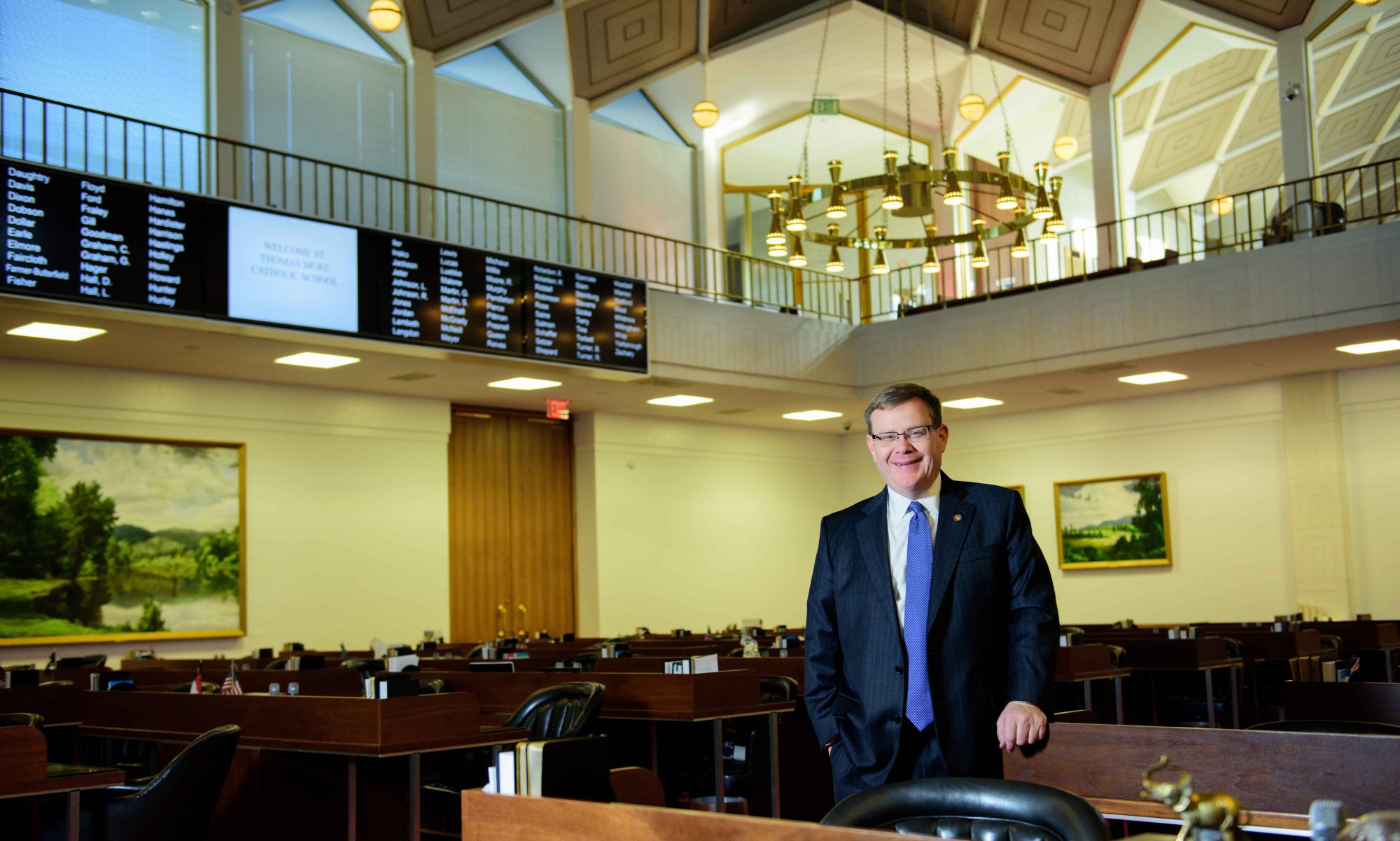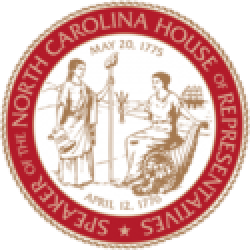Raleigh, N.C. – Families of public school students in North Carolina could choose in-classroom learning under legislation passed by the state House of Representatives in a bipartisan 74-44 vote on Thursday.
Senate Bill 37 In-Person Learning Choice for Families lets students continue remote learning if they choose, and directs North Carolina schools to provide in-classroom instruction. The bill is supported by more than $1.6 billion in new funds sent to public schools in separate legislation signed by the Governor this week.
The state legislature also fully-funded state per-pupil allotments for schools, promised to “hold harmless” education budgets regardless of enrollment drops, and provided teacher salary step increases during the pandemic, in addition to the new federal funds.
Rep. Jeffrey Elmore (R-Wilkes), a public school teacher and co-chair of the House Appropriations Committee, said the legislation provides families certainty in education and economic planning.
“Currently our students are subject to shifting executive orders and mixed messages from the administration which create confusion and lead to local reopening delays, making it very difficult for parents to plan for their jobs and their child’s education,” Chairman Elmore said Thursday.“This legislation gives North Carolina families certainty and access to classrooms by combining over a billion dollars of new education funding with local decision-making to implement a return to in-person learning now.”
Speaker Tim Moore (R-Cleveland) said that current restrictions keeping students out of the classroom are forcing parents to miss work or seek education alternatives, and the legislation gives school systems flexibility to adjust student assignments for in-person learning.
“Closing schools has burdened North Carolina families economically while young people fall behind in their studies, producing a devastating impact on student achievement and exacerbating socieconomic disparities,” Moore said Thursday.“We are listening to educators, healthcare experts, parents, and most importantly our students, who have a constitutional right to access education communities that serve their academic needs.”“I appreciate the leadership of my colleagues getting North Carolina students back into the classroom with legislation that builds on powerful funding for our schools and provides flexibility to adjust student assignments as needed.”
The General Assembly provided $335 grants to families of school-age children to assist with increased child-care costs, but experts agree that closed classrooms hurt vulnerable young people the most and widen education gaps between low-income and affluent students. Special education students are hit particularly hard by the loss of in-person learning.
Expert medical guidance from the American Academy of Pediatrics, the Centers for Disease Control, the Harvard School of Public Health, and other leading healthcare organizations demonstrates that there is limited risk of infection in education settings that are prepared safely.
After passing the state House on Thursday, the legislation will return to the North Carolina Senate for further consideration.
###


